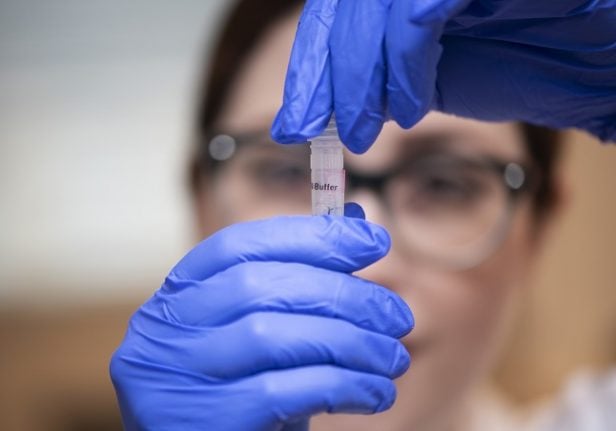The study at Umeå University has been organised to investigate how ordinary teaching on university campuses affects the spread of infection.
Over two weeks, 20,000 students and university employees will be tested twice – making it Sweden's largest such test so far. The Public Health Agency, National Pandemic Centre, and Swedish army will assist in carrying out the tests.
“It's a big experiment,” Anders Johansson, a researcher specialising in infectious diseases, told Swedish television.
“We test in the first week to see how many have the infection, and then when everyone meets a week later we test how many have caught it.”
As well as being tested twice using self-tests, participants will also be able to fill out optional questionnaires about their symptoms. Anyone with symptoms consistent with coronavirus can take the test at home and have it collected, so that they can follow public health advice to avoid leaving home if sick.
The results will be interesting given the fact that the infection rate has been rising in many countries as they continue opening up society. In Sweden, although there was never a lockdown of the kind seen in most other places, there are concerns about what the autumn will mean for the development of the disease as people return to their places of work and study.
Universities and schools for over-16s switched to remote learning in late March, and although they have been given the green light to welcome students back to campus for the autumn term, many are continuing to offer mostly online learning.
In many countries including Sweden, the disease is now mostly seen to be spreading among young people.
Although young healthy people are typically less likely to get seriously ill from the coronavirus, one concern is that if the virus spreads among this group it will then be passed on to the more vulnerable members of the population.
The Public Health Agency has said that the results of the Umeå tests could be used “among other things, to give a basis for targeted measures, analysis and modelling”.



 Please whitelist us to continue reading.
Please whitelist us to continue reading.
Member comments